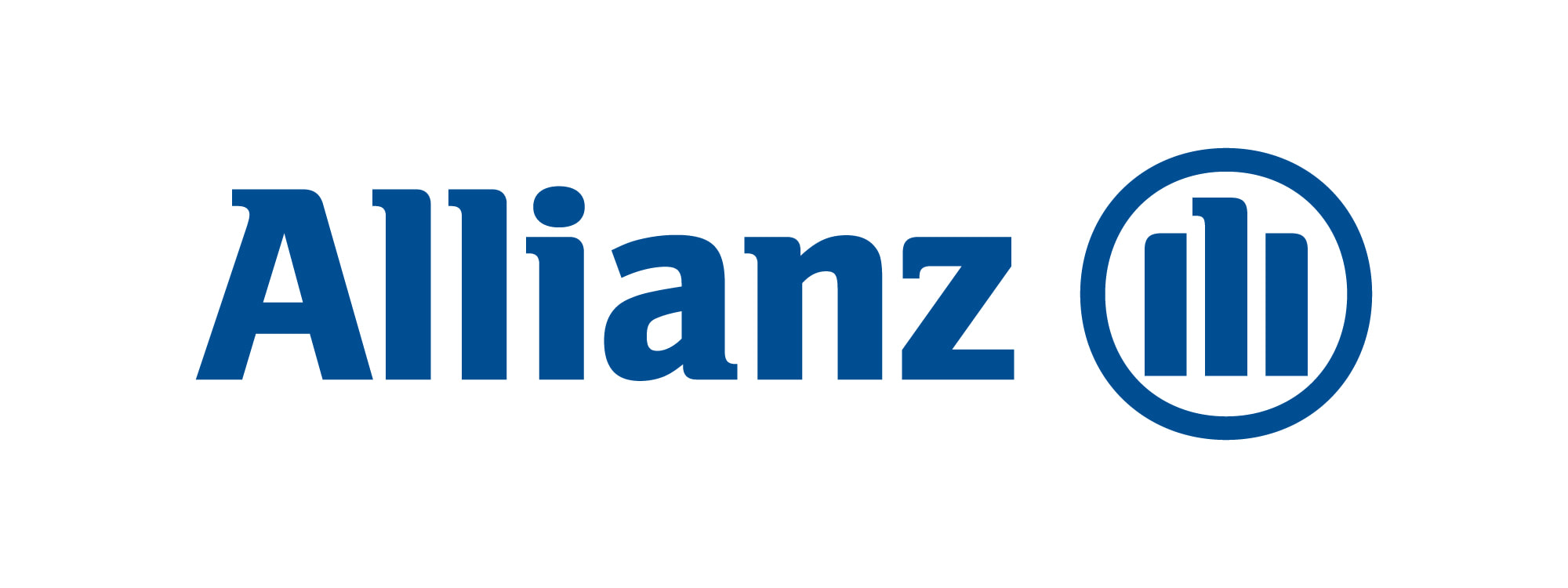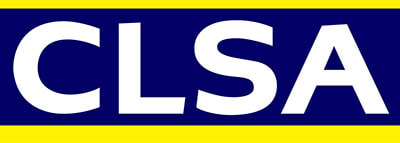NLP Draws Negative CriticismAs intelligent and sensible people, we try to find out as much information about something before deciding on it don’t we? So it should be with NLP too. There is no shortage of information about this field of study. It’s only a matter of understanding it at a deeper level and clearing your doubts. Better yet would be learning NLP first hand. NLP draws negative criticism from many quarters. Often from people who hardly know anything about the subject. As they say, “a little knowledge is dangerous”. Even Wikipedia, a free for all website of anonymous volunteers where anyone with internet access can write and make changes to its articles, starts with, “Neuro-linguistic programming (NLP) is a pseudoscientific approach …….”. Makes you curious about their credibility doesn’t it? In this article, I’d like to address five frequently raised criticisms and misconceptions about NLP. 1. NLP draws negative criticism that it doesn’t work.I find that this is more due to the differences in the way NLP works rather than its effectiveness. Strict protocols and control required in scientific research pose a practical challenge when it comes to NLP. How do you study a field that is comprised of such diverse methods, techniques, and outcomes when:
So, does this mean it works? I’ll let you decide for yourself. From the time of my NLP certification 18 years ago and as an NLP Master Trainer, I have been instrumental in helping people:
Not only did I apply NLP in the corporate sector with corporate people, I also helped individuals from all walks of life, heal themselves. So from corporate applications of leadership, coaching, team building and communication to personal applications like eradicating depression and helping suicidal clients live a normal life again. To me the proof is in the pudding. As long as I see clients make change in the results they are producing, I see that as success. 2. Further misconceptions about NLP are compounded by the lack of robust research in the field.Sparse research conducted over four decades still finds the impact of NLP inconclusive and only ‘anecdotal’. And there’s hardly any study on NLP’s effectiveness in the commercial sphere. This is summed up best by the 2012 British Journal of General Practice paper titled, Neurolinguistic programming: a systematic review of the effects on health outcomes. The paper stated that its conclusion wasn’t based on concrete evidence that there was no effect. It only indicated a lack of quantity and quality research in the field. 3. NLP draws negative criticism because, unfortunately, it has never been systematically regulated.There are a few international bodies providing certification, such as ABNLP (American Board of NLP), INLPTA (International NLP Trainers Association), ITA (International Trainers Academy) and SNLP (Society of NLP). In addition, there are other bodies that provide NLP professionals with a standards framework through membership. Any field has its fair share of bad apples, keen only on what’s in it for themselves. The world is no stranger to scientists, researchers and politicians selling out to corporations. Even religious leaders prey upon the vulnerable and desperate. There’s no shortage of businesses operating solely for the bottom line. It’s no different in NLP. Practitioners lacking integrity contribute to misconceptions about NLP. What do we do? We stay away from them. Learning NLP from a Master Trainer with high integrity is very different from one without. Be diligent when shopping for an NLP certification. When you meet an ethical NLP trainer you’ll be able to separate the wheat from the chaff. 4. One of the misconceptions about NLP is that it’s the same as any other therapy.
5. NLP draws negative criticism as being manipulative.Human beings are naturally manipulative, at conscious and unconscious levels. We use our influence to get what we want. The question is do we use our influence for the good of ourselves and others? Where do we draw the line? This is where ecology comes. Clients must be coached to evaluate behaviour and change in their context and ecology. Ecology means asking questions, such as:
Beware of NLP practitioners/coaches who bypass this step. Changes produced without addressing ecology would likely be short lived or even worse, detrimental. In conclusion, NLP draws negative criticism for various reasons and from many sources. Do you evaluate the information fairly or just dismiss the field as unscientific? Do you just take such criticisms at face value or evaluate it critically to arrive at your own conclusion?
I find that people can go two ways on this. There are those who dismiss NLP based on someone else’s criticisms and misconceptions. And those who are curious enough to learn it for themselves and wonder why they didn’t do so earlier. NLP is already mainstream in the corporate world. You may already have come across some knowledge on how it can be used to improve success at work. If the pointers above have given you a better perspective why not take the next step and consider learning NLP. Sylvia Fernandes is the Founder & CEO of VIA Frontiers. She is a Master Trainer of NLP who is specialised in corporate applications. She started her business in Sydney in 2002 and has been operating in the Asia Pacific Region ever since. She is currently based in Singapore. She is also the author of Bye Bye Black Cat -- Turn Your Luck Around and Realise Opportunities. Visit VIA Frontiers for more information.
0 Comments
Your comment will be posted after it is approved.
Leave a Reply. |
SYLVIA FERNANDES
Sylvia is a qualified Neuro Linguistic Programming (NLP) Master Trainer. She started her business in Sydney and is now based in Singapore. Archives
December 2024
Categories |




 RSS Feed
RSS Feed









